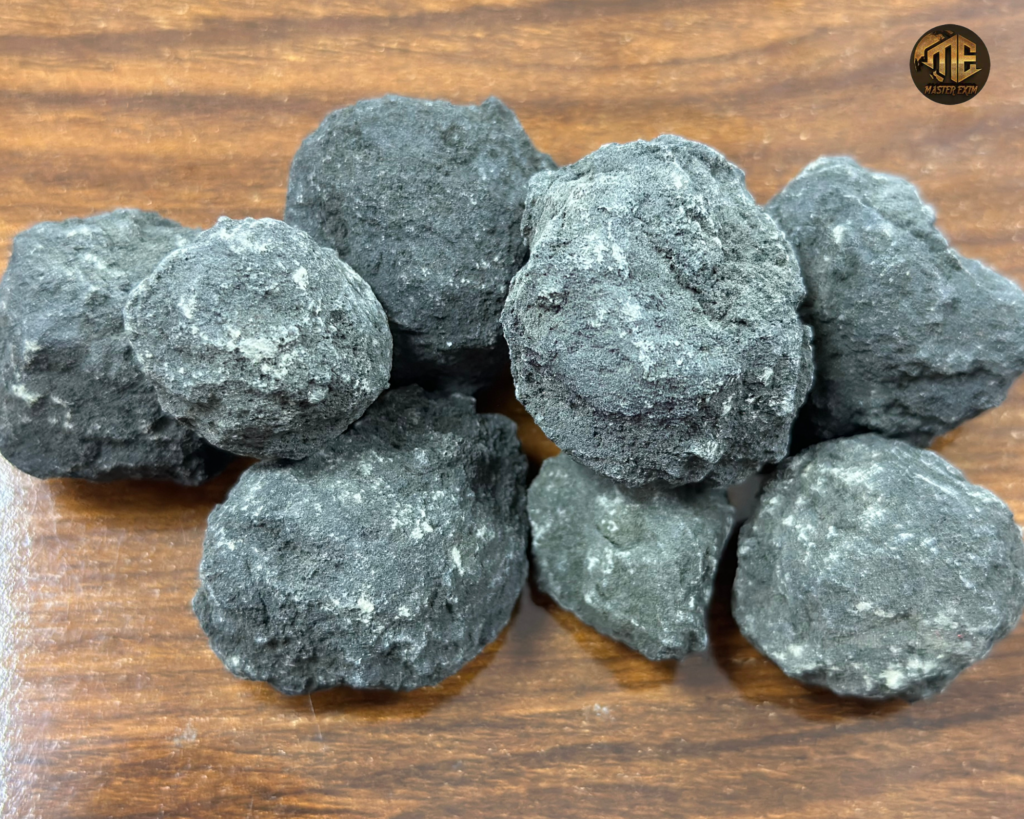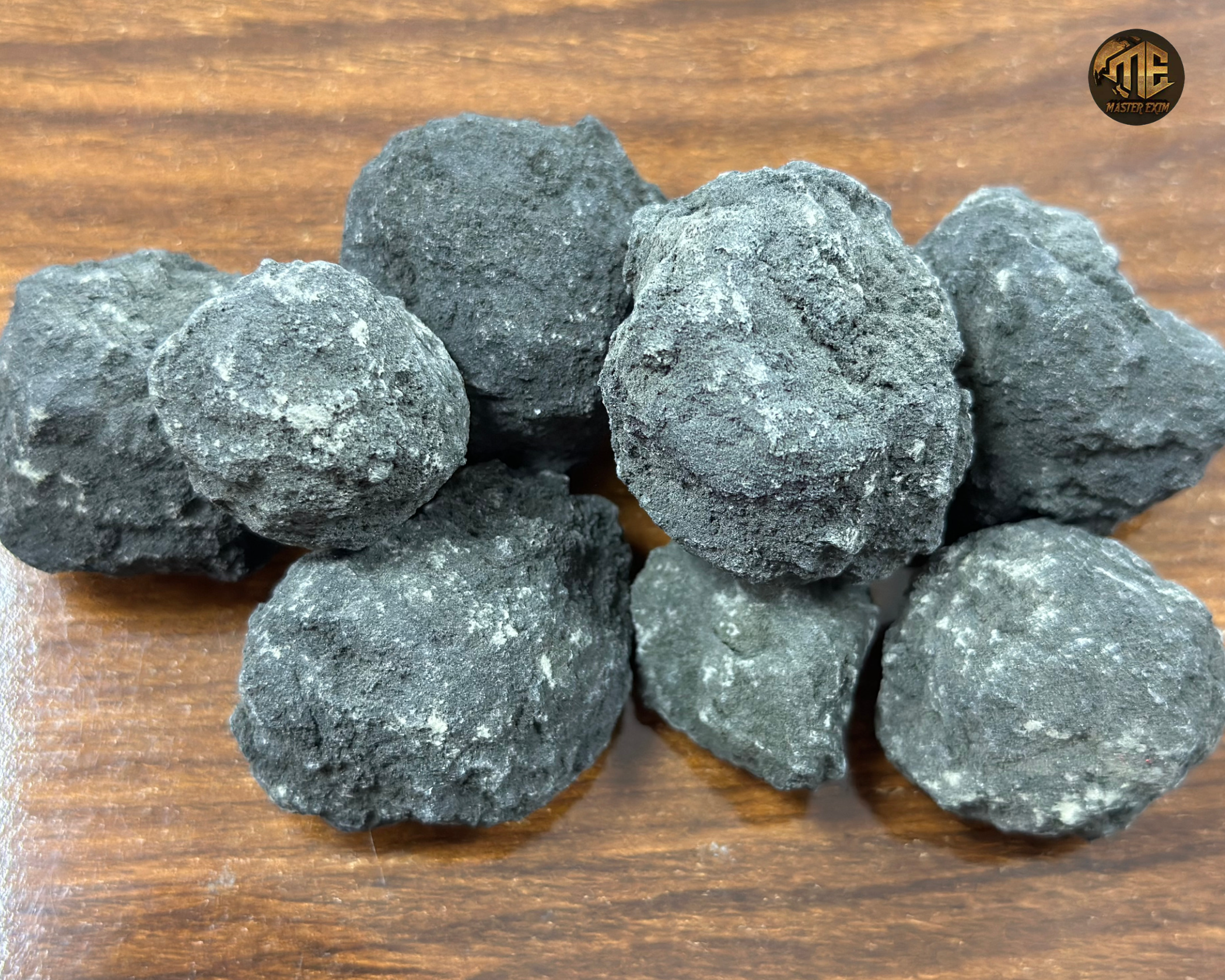What is the difference between opc and src clinker

Alkali and its effect on clinker quality
July 1, 2023
Everything we need to know about the UAE economy
July 1, 2023What is the difference between opc and src clinker
Categories

What is the difference between opc and src clinker,




